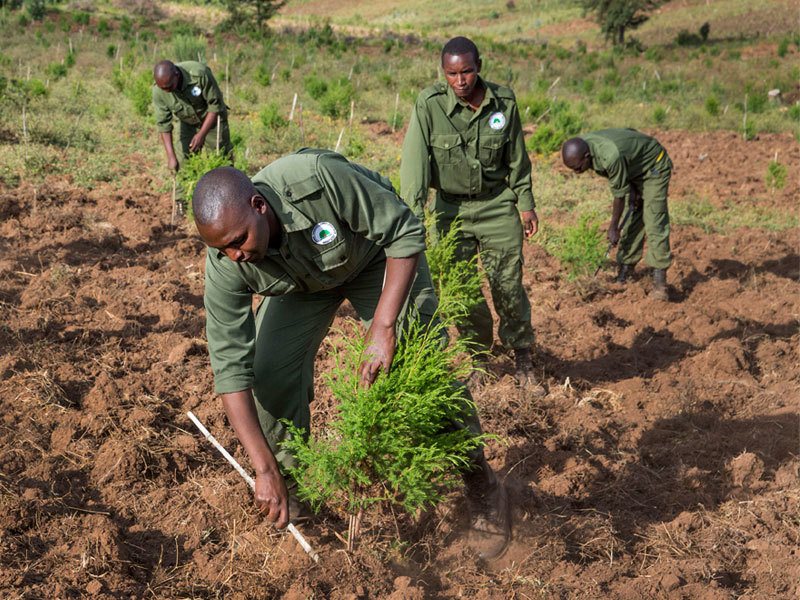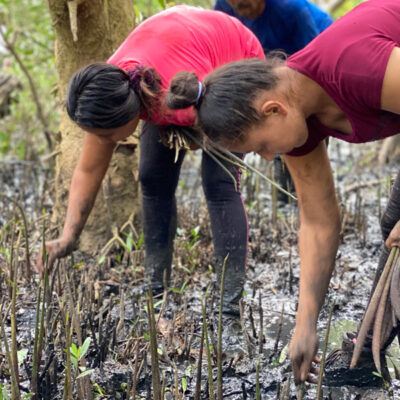Statement of Robert Bank, Incoming President of American Jewish World Service
In Honduras, ongoing violence and repression have reached new heights with two murders in two weeks of environmental and indigenous community activists: Berta Cáceres and Nelson García, leaders of the Civic Council of Popular and Indigenous Organisations of Honduras (COPINH). These two defenders of human rights were assassinated because they led an organization and a broader movement fighting to protect the land rights of the Lenca indigenous communities in Honduras. Before their murders, Cáceres and García faced constant threats and frequent detentions by state authorities. Their murders – and that of fellow COPIHN leader Tomás García by Honduran armed forces in 2013 – confirm Honduras’s status as one of the most brutal and dangerous countries in the world for activists committed to the rights of indigenous communities who are battling to protect the land and water that their communities rely on for survival.
“As Americans and as Jews, we deplore the murders of two brave human rights activists in Honduras, Berta Cáceres and Nelson García. We demand justice for these two assassinated leaders, and we believe that these heinous murders represent a grave threat to human rights activists in Honduras who face constant intimidation and death threats,” said Robert Bank, incoming president of American Jewish World Service (AJWS), the leading Jewish international development and human rights organization, which has provided support to COPINH. “We cannot allow community leaders in Honduras to be persecuted for standing up to economic interests and corrupt government officials who wish to override the rights of indigenous communities to land and water in pursuit of economic gain. And we certainly cannot stand idly by while the Honduran government fails to protect other activists facing similar risks today. We demand that there be an independent international investigation into the murders of Berta and Nelson. Finally, we call on the Honduran government to demilitarize the territories of indigenous communities, where state violence is rampant.”
“As Americans who are gravely concerned about the situation in Honduras, we call on the U.S. government to suspend military aid to Honduras until the Honduran government agrees to protect human rights defenders and address human rights abuses. We mourn Bertha and Nelson, and we stand committed to continue to support the cause to which they dedicated their lives.”
Honduras was rated the most dangerous country for environmental activists in 2015 by Global Witness and international human rights organizations including Amnesty International, Human Rights Watch, Reporters without Borders, the United Nations and the Inter-American Commission on Human Rights have documented the steady and disturbing increase in violence, threats and intimidation against labor, environmental, LGBT, Afro-Honduran and indigenous activists in the years following the 2009 military coup.
For More Information
If you are a member of the press and wish to obtain information about our work or speak to a member of our global team on deadline, please contact Tanyanika Davis, Director of Media Relations, at tdavis@ajws.org.





